My post today is part of a blog tour for Address Book, the latest title by Neil Bartlett, published by Inkandescent. Address Book is a cycle of seven stories, each inspired by an address at which the author has lived.
My favourite stories are at the beginning and end. In the first piece, ’14 Yeomans Mews’, hospital doctor Andrew takes us back to when he was fifteen in 1974, and met an older man, John, at a railway station. Andrew was powerfully attracted to him, as he had been to others – but there was something different this time: “None of the other men I’ve ever met has made me admit that the boy doing the staring and the boy with my name are the same person.”
John invites Andrew to visit his home, which changes everything. Bartlett brilliantly evokes the combination of desire, joy and trepidation that Andrew feels. It becomes clear that this is not just a question of love or sexual attraction: John also represents an aspirational lifestyle – a secure life – that’s beyond anything the young Andrew knows. This is a story of powerful emotions, not least the poignant ending.
At the other end of the book is ’40 Marine Parade’. After almost thirty years together, Roger and Todd left London to settle down by the sea. But life took a tragic turn just seven years later, as Bartlett (in Roger’s voice) conveys in stark terms: “one cold Wednesday afternoon in March, Todd just wasn’t there any more. He wasn’t on the stairs; he wasn’t in the kitchen, and he wasn’t in the bed.”
The story depicts Roger working through his grief dynamically, represented by him exploring a run-down old house. Eventually he meets someone new, which makes this piece something of a mirror to the first one, looking hopefully to the future, as Andrew looked back on the past.
The seven stories of Address Book range through time and perspective. For example, ‘203 Camden Road’ is set in the 1960s, where a pregnant woman gets to know her gay neighbour. ’72 Seaton Point’ is narrated by a gay man who attends his friends’ civil partnership ceremony, and reflects on how times have changed. I really enjoyed Address Book, and I’ll be looking out for more of Neil Bartlett’s work in the future.
Like this:
Like Loading...
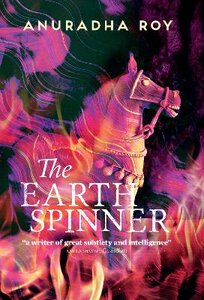
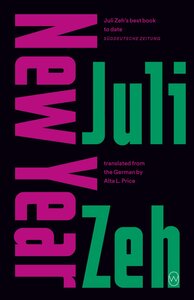
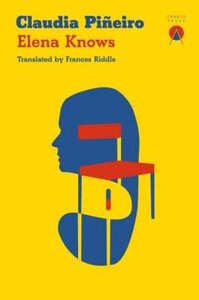
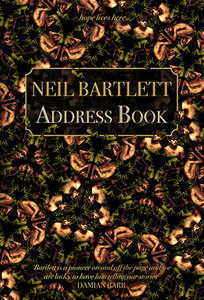
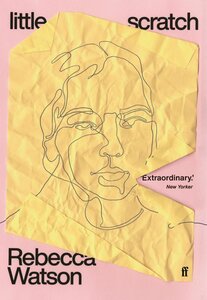
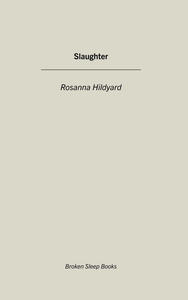
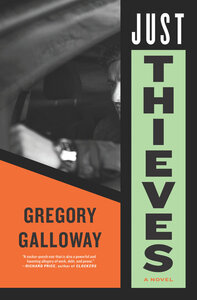
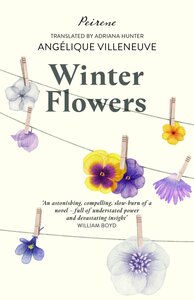
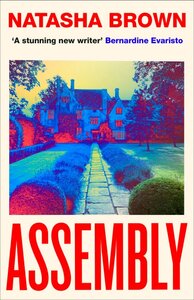
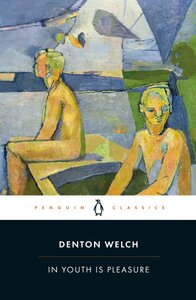
Recent Comments